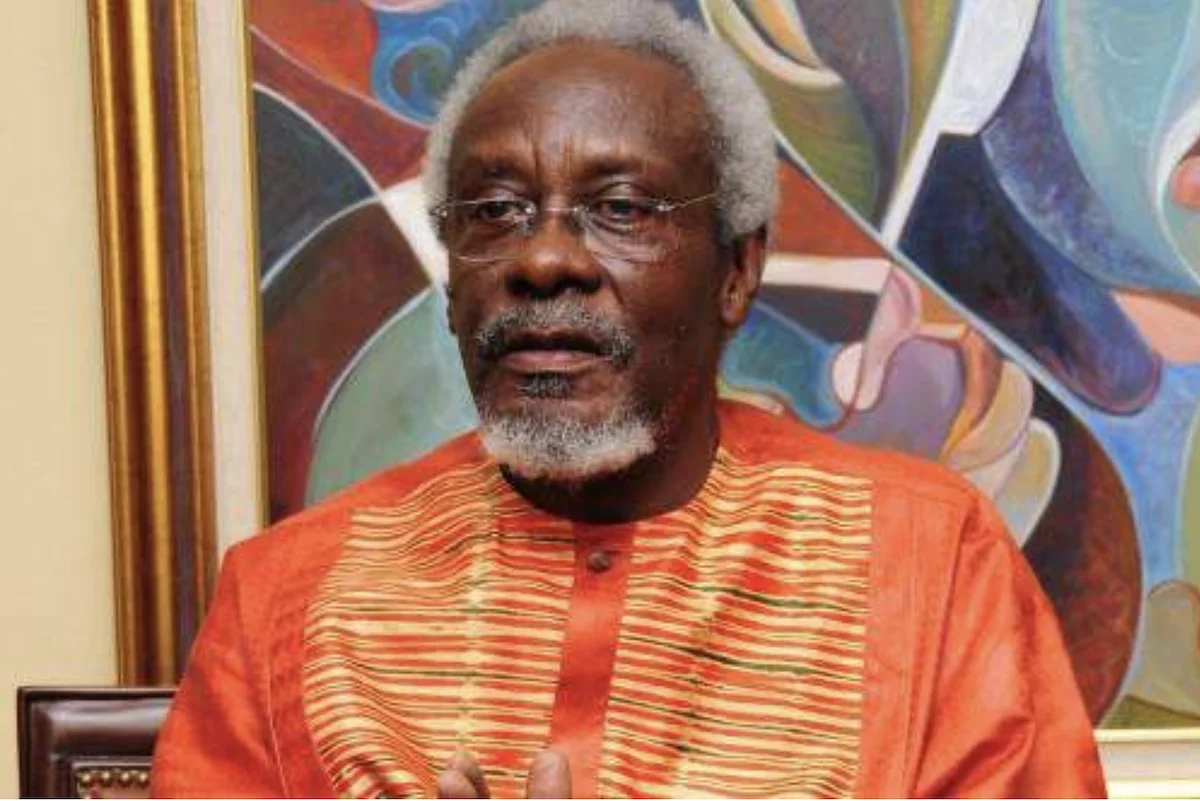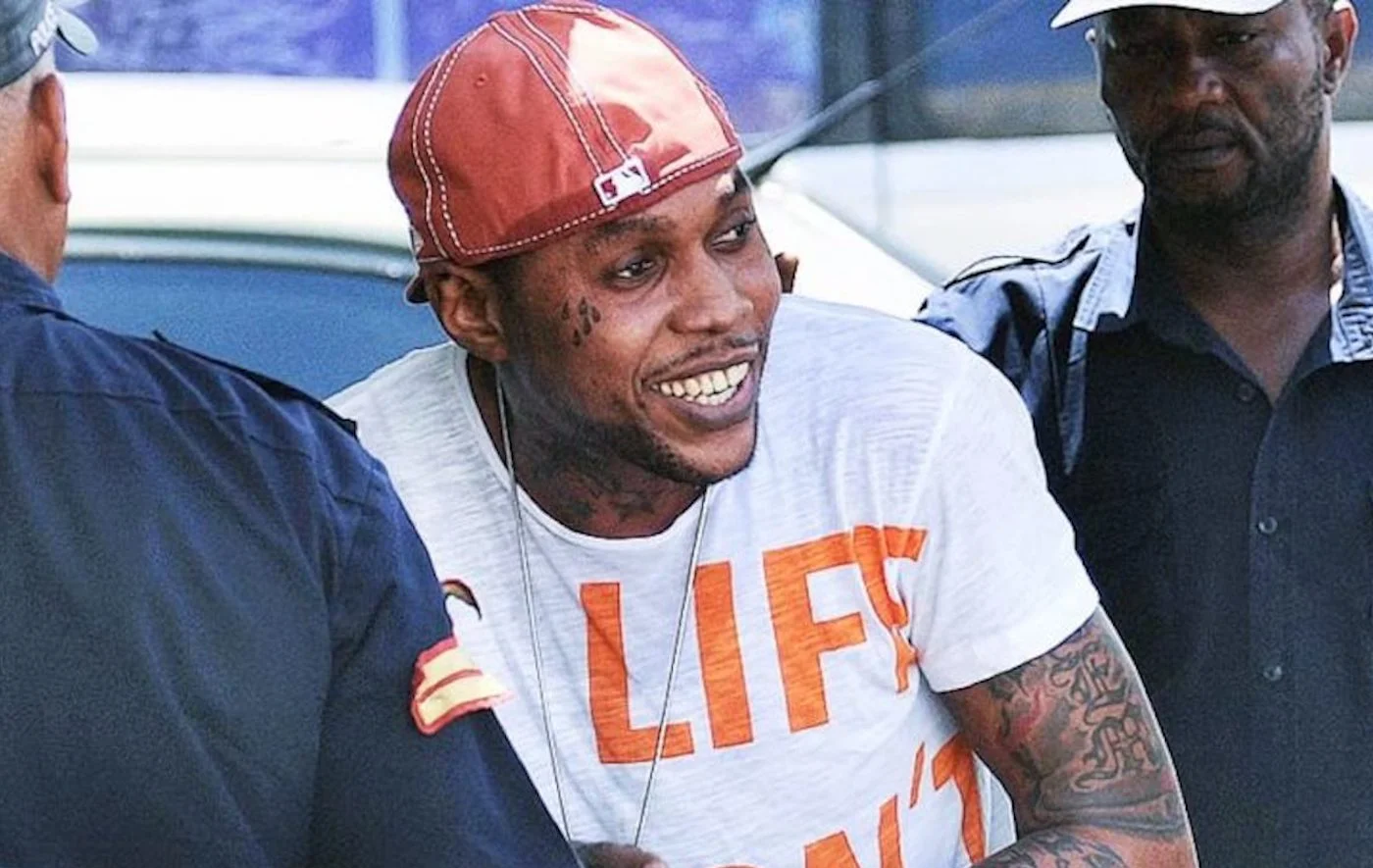Two of Jamaica’s erudite attorneys, PJ Patterson, KC, and Hugh Small, KC, have revealed that Jamaican courts have dealt with the current conundrum regarding jury tampering in the Vybz Kartel case, as they revealed a 1983 precedent that appeared to miss the defense attorneys, prosecutors and the judges of the lower court, appeal court and the Privy Council.
Attorneys for Adidja Palmer, also called Vybz Kartel, Shawn Campbell, Kahira Jones, and Andre St. John, are currently waiting for the writ issued by the Privy Council to be signed by King Charles before they can appear before the Court of Appeal.
The Judicial Committee of the Privy Council ruled last week that the murder conviction of Kartel and others be overturned and their case remitted to the Court of Appeal to determine whether he would be retried or released. The cohort has been in jail for 13 years.
However, the jury tampering matter is not a mystery as King’s Counsels Small and Patterson, former Prime Minister of Jamaica, called the situation unfortunate as they outlined a legal precedent within the jurisdiction that could have prevented the matter from going to the Privy Council.

According to the lawyers, the precedent is the famous Libel case, The Gleaner Company Limited and John Hearne v Michael Manley in 1983, where the court ruled that if a jury is compromised, the judge had to discharge the jury and proceed with a new trial and a clean panel of jurors.
In that case, the judge discharged the foreman as a special juror who was hearing evidence in a libel case in which Manley claimed damages for an article written by Hearne and published by the Gleaner. The Gleaner had provided evidence to the court that the foreman was employed by the National Workers Union under the leadership of the Manley, who was his island supervisor, risking the possibility of bias.
According to a summary of the case, the foreman was discharged for apparent bias, but the judge refused to discharge the entire jury and continued with six special jurors. The Gleaner and Hearne appealed against the judge’s ruling, and on appeal, the Court of Appeal, in a majority decision, decided that the entire jury must be discharged and a new trial ordered.
“It is regrettable that this case was not brought to the attention of Justice Campbell, the judges of the Jamaica Court of Appeal, Dennis Morrison, Patrick Brooks, and Franklyn Williams, or cited in the Privy Council,” the statement by the King’s Counsel wrote.
They added, “It is worthy of note, unlike the situation in the Vybz Kartel case, there was no finding of actual misconduct by the foreman in that civil case. To have continued the criminal case against Vybz Kartel etal, notwithstanding 64 days of trial, was not merely a risk, but a fatal error to render any final verdict unacceptable in accordance with the tenets of justice and the decision of our own Court of Appeal in 1983.”
The country’s Director of Public Prosecution, Paula Llewellyn, has revealed that her office has no choice but to ask the Court of Appeal to order a retrial in the interests of justice and the constitutional mandate of her office.
Kartel has also not withheld his criticism of the DPP, whom he slammed for allegedly influencing the judge to continue with the trial despite several bribery attempts during his trial.
